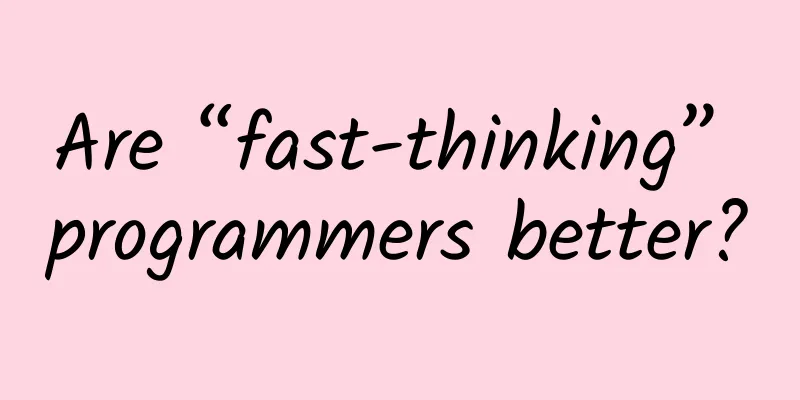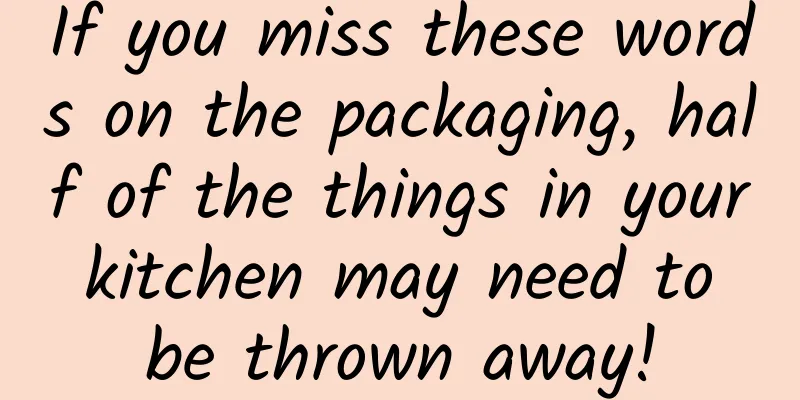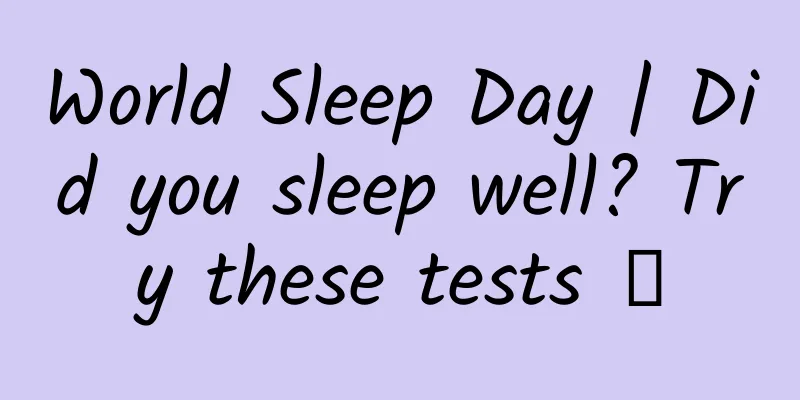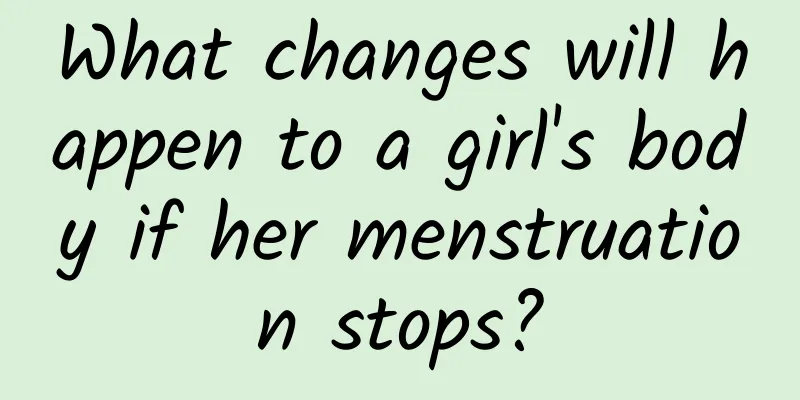Are “fast-thinking” programmers better?

|
A few days ago, an article on Hacker News titled "Why People Who Think Slowly Win" caused widespread discussion. Netizen Scott Burson commented on the article: "I hired a TopCoder champion before. I expected him to code very quickly, but he turned out to be the most careful and meticulous person. But everyone gradually discovered that in two years, the code he submitted never had a bug, never."
Why do people who seem to think slowly win? The authors say that so-called slow reactions require more self-discipline than fast reactions. In contrast, fast reactions are more inaccurate, while slow thinking is like a tortoise, slow but steady. Everyone remembers the story of the tortoise and the hare, but no one seems to have learned the lesson that slowness pays off. We usually think that people who react quickly are smart and work hard, and people who react slowly are lazy, indifferent, or even stupid. And when we usually talk about slowing down, we usually mean to relax, not to complete things more efficiently. This is not the case. Sean Frederick, a professor at the Yale School of Management, says that homework can reveal the essence of slow thinking, which is to solve problems step by step through reasoning. Frederick is best known for creating the "cognitive reflection test" - a measure of whether a person "solves problems quickly after a short period of thinking" or "makes decisions after a long reflection arc and deliberates." Here are his test questions: There are three problems:
Frederick says respondents often give intuitive but incorrect answers like: 10 cents, 100 minutes, 24 days. However, the correct answer to the first question is 5 cents. The correct answer to the second question is 5 minutes. The correct answer to the third question is 47 days. The reason why people find these simple questions difficult to solve is that these three questions use specific wrong answers to tempt human intuition. Among the 3,428 people surveyed, 33% answered all three questions incorrectly, and another 33% answered at least one question incorrectly. Among all universities, MIT students had the highest percentage of correct answers to all questions, but still only 48%. Frederick often shares this test in his speeches, and most people still give intuitive but wrong answers. He says the test shakes people's confidence and makes them less trusting of their intuition, which may cause them to take longer to look at things. Scott Burson also mentioned in his comments that thinking fast or slow depends on the specific situation. Different projects and different situations require different types of programmers, and sometimes you have to move fast and break the rules at the risk of being able to bear it. Despite this, most people agree that developers should move from coding quickly to coding carefully whenever possible. |
<<: The first year of virtual reality games has arrived. How should you play?
>>: Which programming languages are most popular at hackathons?
Recommend
Get Metaverse Course, Luo Zhenyu's 6 Metaverse Courses Baidu Cloud Download
Facebook's announcement of changing its name ...
5 major growth models for user fission!
What do you think of when you mention fission gro...
Nasal congestion, runny nose, loss of smell? The cause of the endless "breathing pain" has been found!
Nasal congestion, runny nose, breathing only thro...
As compact celestial bodies formed by the collapse of stars, their "collision" may reveal the ultimate mystery of the universe
Author: Duan Yuechu A neutron star is an extremel...
520 confession posture, programmers all do this...
Counting with fingers Today is 520 Love Confessio...
4 tips to teach you how to make short video advertising materials
All advertisements are inseparable from creatives...
Put everything in the refrigerator? Be careful, it will go bad faster!
Lock the refrigerator to keep it fresh | Tuchong ...
After using Siri for so long, do you know these tricks?
Siri has been released since 2011 and is now six ...
4 common senses of short video operation!
In the past few years, I have shared some persona...
HTC launches blockchain phone, is it the last attempt to subvert Or?
HTC has launched a new mobile phone! However, as ...
2018 new Android interview questions from big companies
Preface I started looking at it at the end of las...
If you don’t make good use of these 8 tools, you can’t be considered a good student!
01 Reading is the fastest, most effective and mos...
What makes a small European country the first country for entrepreneurship?
Research conclusions: 1. Ireland, which was still...
From gargling to brushing teeth: How did people in ancient China keep their mouths clean?
Speaking of oral health, it seems that more and m...
Incredible survival skills of astronauts, which one can you do?
Welcome God Thirteen home o(* ̄▽ ̄*)ブOn the morning...







![Unity3D game special effects comprehensive training course [HD quality with materials]](/upload/images/67cc0b40a07c3.webp)

